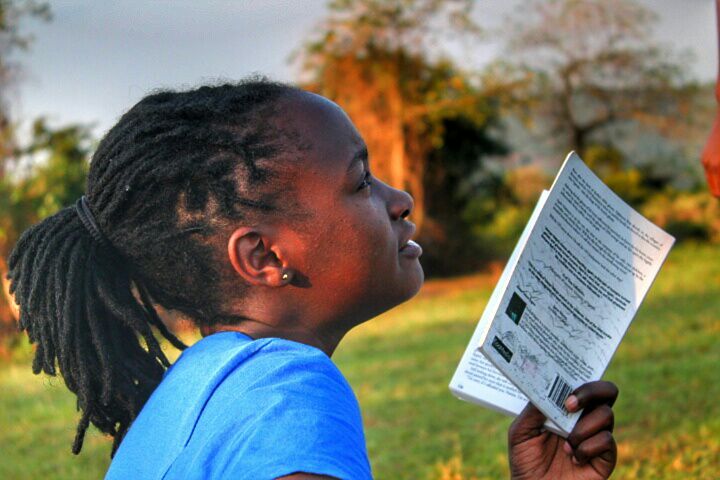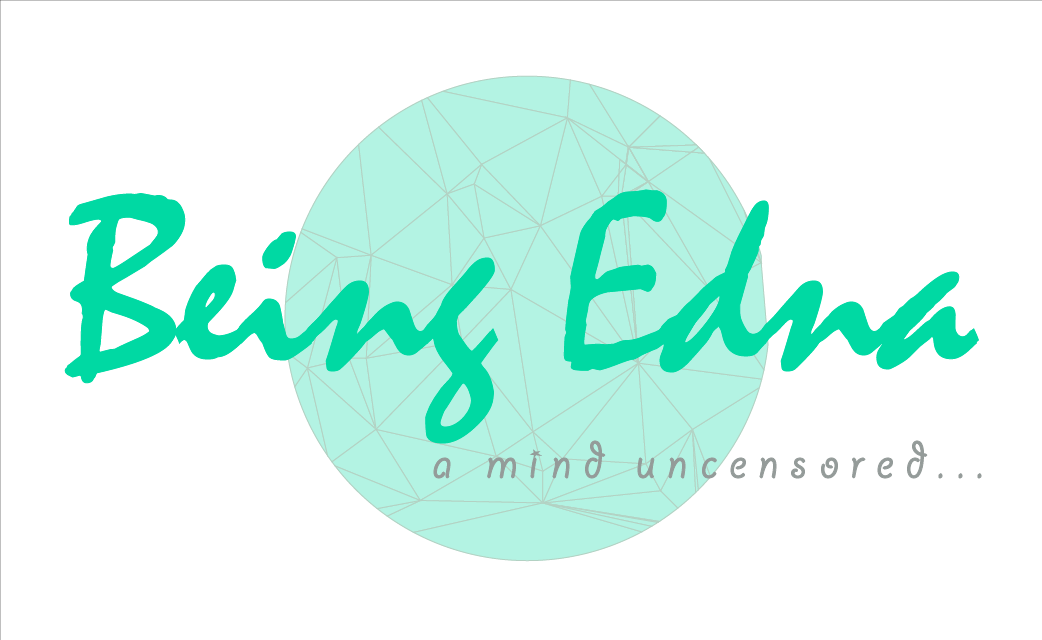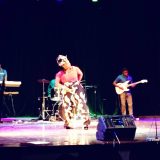What Might Cultivate the Reading Culture We Want #UgBlogWeek

A month ago I sat through writing workshop sessions day after day listening to brilliant story lines and execution of aspiring writers like myself. I nodded at the elaborate choice of words and marveled at the satire. Every so often I wondered how much work it might take for someone to develop such characters and conflict that drove the plot. I felt that each of those stories was a story that deserved to be heard and read beyond those four walls. Most importantly I thought two things: I should have met these storytellers and their stories earlier. Also that this literature would spur the interest of anyone who chanced upon it.
A couple of days ago, Ugandan author Mulumba Ivan Matthias launched, not one, but two books: a novel and a poetry collection each with a tale that will be too familiar to any Ugandan. A poem on street kids here, a character getting onto a boda-boda and another storming into the Vice Chancellor’s compound wearing a red gown. The thought about interest in literature with regards to our reading culture resurfaced.
I couldn’t shake the feeling that had we grown up reading Mulumba’s “The Honking” or Jennifer Makumbi’s “Kintu,” our reading culture would have been significantly different. You can hardly fault a Ugandan 90’s child who had only the Sweet Valley Highs and ‘Hansels and Gretels’ available to them for not picking an interest in reading. After all, we largely respond to situations that we have encountered. So if a child who lives in an environment where Fanta and Nile Special are the drinks on an average menu has books with characters who drink kool-aid in the cafeteria, what are the chances that reading will be their cup of tea?
When you think about this. Then you understand how huge the responsibility that lies upon is- to tell our stories we say. Except even with the will, we need not one but many ways. In a country where the arts are barely given national funding, where there’s not one creative writing school options, the stakes are higher. It means that we have to push twice as hard if we’re going to produce content that people will like to read before the Daily Telegraph makes a “stunning!'” comment about it. To deliberately seek connections with not only aspiring writers, but also filmmakers, actors, rappers and musicians, photographers and together set out to put in the work, sweat, do it all over again until many of us have a product that is truly Ugandan. With the communities we build among us, we should continuously challenge our quality of writing and critique with the intent of making us better.
That way, we don’t wait for each of us to have their story printed or approved for publishing. We need not wait to put together 500 pages of a book. Yet still, we hold ourselves at a standard that publications require. Except this time, on our terms and with available means.
We can start by utilizing the internet. We are privileged to have come to maturity during the times of free content sharing social sites like WordPress, YouTube, Snapchat and SoundCloud and Facebook – a platform on which the average user spends not less an hour a day. Even when internet data costs are still high for an average Ugandan, it should be a cost we’re willing to incur if we realize that we’re on a mission. Besides, internet costs notwithstanding, the amount of time we spend on WhatsApp for example; sharing, chatting, responding, forwarding chain messages if channeled to storytelling would birth a load of useful and viral content. Envision a scenario where every Whatsapp group member is required to write down a later type a story roundup of 7 days each week.
Considering there should be many other writers like those with whom I attended the workshop, we all wouldn’t have to wait to physically get together for our stories to be read or heard. We would read each other’s stories in WhatsApp through forwards, Facebook through shares, on WordPress and YouTube through links. Then as every social trend in our motherland goes, other not-so-enthusiastic potential storytellers would be challenged to try it out.
If we do the work in reading, learning, deliberate critical thought, producing and sharing that good web content which does not go away until deleted by author, we can rest easy and believe that should the future generation go looking for the Ugandan story, they’ll have a lot of interesting, relatable literature to choose from and consequently, have a reading culture better than we ever had.

